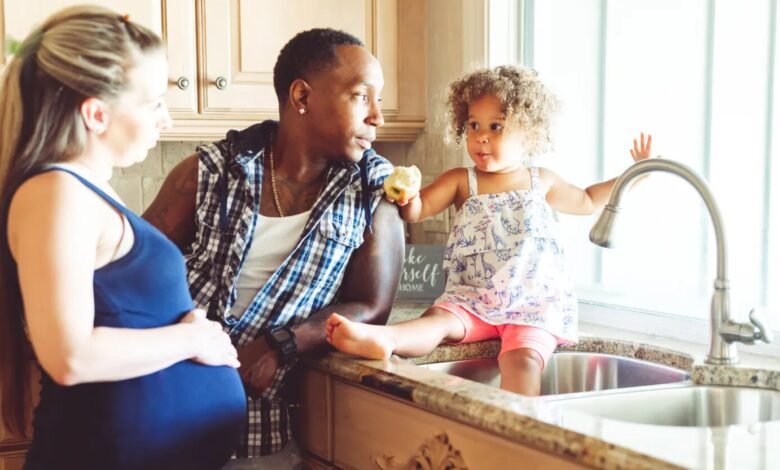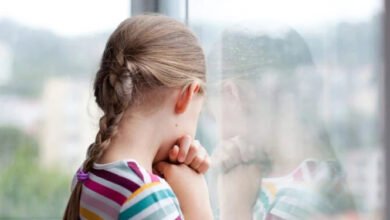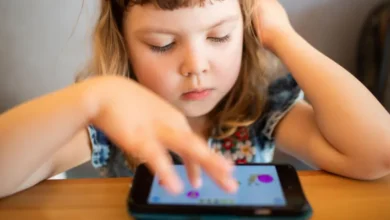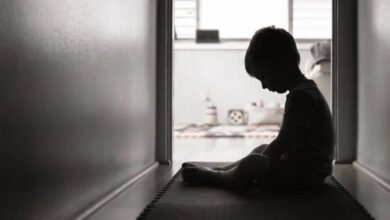The No. 1 Thing That Strengthens a Child’s Resilience, According to an Expert

For many adults, becoming a parent can be all-consuming. Familial obligations take over, and even the strongest, longest-lasting friendships can feel strained. Ironically, those deep adult friendships that often take a backseat are crucial contributors to raising resilient children, journalist Jennifer Breheny Wallace explained in a recent TED Talk.
“A child’s resilience is rooted in the resilience of the adults in their lives,” Wallace said. “Adult resilience is rooted on the depth and support in our relationships.”
Wallace, the author of Never Enough: When Achievement Culture Becomes Toxic – and What We Can Do About It and the upcoming Mattering in the Modern World: A Solution to the Crises of our Time, emphasizes that when children see adults leaning on and supporting each other, it teaches them that resilience includes building and relying on a strong network.
We Need Friends ‘Who Know Us Intimately’
Wallace’s advice hits home at a difficult reality: American adults often have fewer close friendships than they want. Less than one-third of adults ages 30 to 49 report having five or more close friends, according to a 2023 Pew Research Center survey. A University of Michigan poll found that 34% of adults ages 50 to 80 report feeling isolated.
It’s not just about the number of friendships, it’s about the quality, too. A recent PLUS ONE study revealed that 40% of American adults feel less close to their friends than they would like.
Journalist Olga Khazan faced these realities firsthand when considering parenthood. An introvert, Khazan wrote about her experience of working to become more socially engaged in her book Me, But Better: The Science and Promise of Personality Change.
“Being a parent just requires being ‘on’ all the time,” Khazan told CNBC Make It. “You kind of have to learn to be okay with being really active and socially engaged, even in a nonverbal way, a lot more than you’re used to.”
To prepare, she joined improv and sailing classes, structured activities that made regular social interaction unavoidable and rewarding.
Though sailing was costly and early-morning intensive, the support and camaraderie she found were worth it.
“You’re working on something, or thinking about something, and someone else in the boat will have had that exact experience and can really shed light on it,” she said.
Khazan found that pushing herself to engage, even when it felt unnatural, improved her mood and parenting experience. Hard tasks like motherhood, she realized, are much easier with a community of others facing the same challenges.
Prioritizing Friendships in a Culture That Doesn’t
Despite the clear mental health benefits of deep friendships, American culture tends to prioritize romantic relationships over platonic ones.
Wallace says the only way to change this is to intentionally prioritize friendship. “We need one or two or three people in our lives who know us intimately, who can see when we are struggling and who will reach over and put that oxygen mask on for us,” she said. “This is a very different level of support than we normalize in our busy culture today.”




